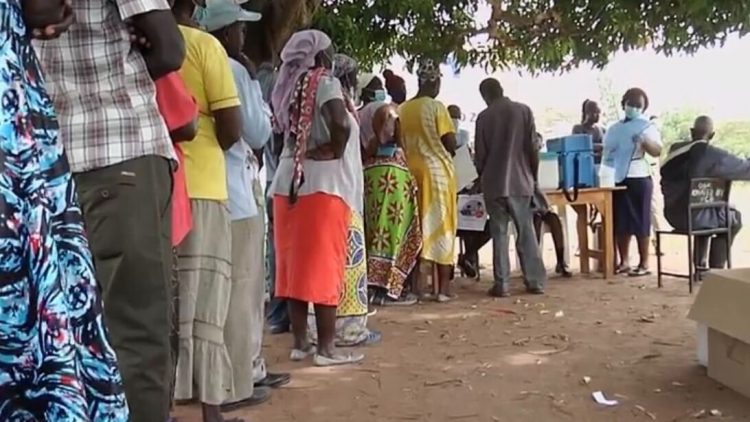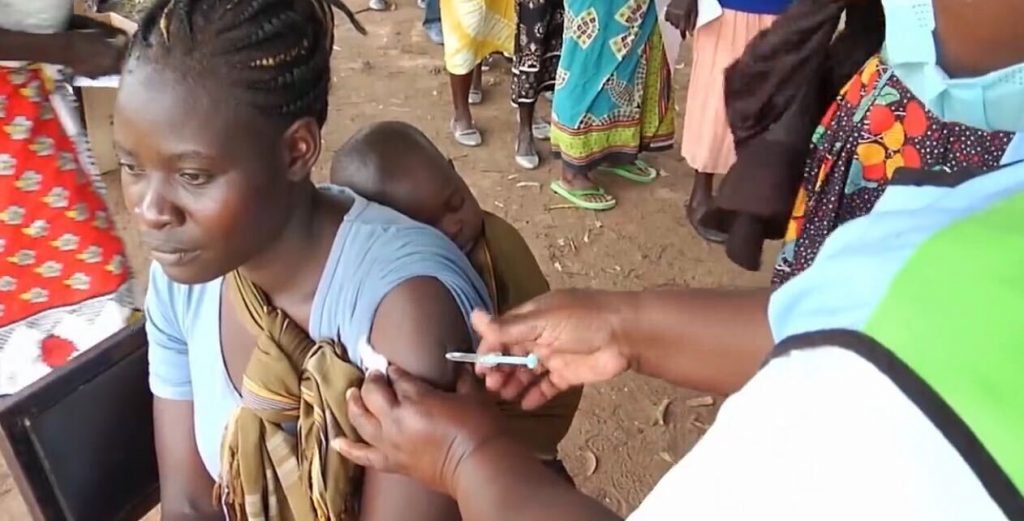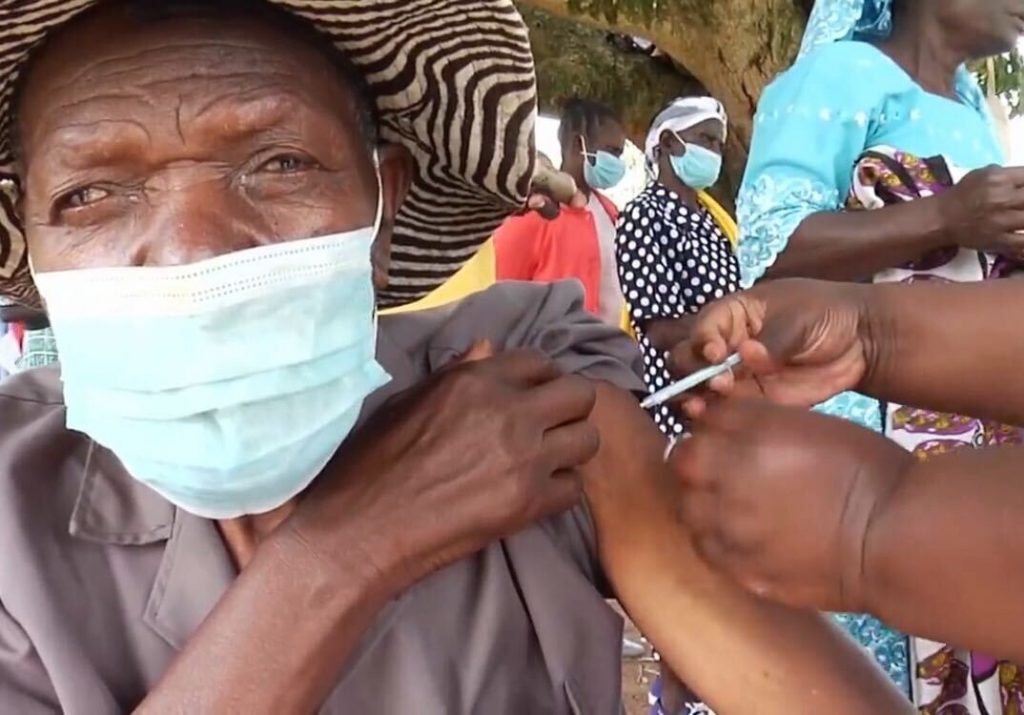Kenya, less than 10% vaccinated, will enact vaccine passport requirements in December

The vaccine passport law going into effect a few days before Christmas is expected to wreak havoc on the ability of most Kenyans to to earn a living, access transportation, or go to school.
“These regulations will deprive millions of people of their ability to earn a livelihood, to have access to security, health and transportation services back and forth from home to work or school,” said Irungu Houghton, executive director of Amnesty International’s Kenya office.
RELATED: 5-year-olds will soon need a vaccine passport to go indoors in San Francisco
“That’s not how we will win the war against COVID-19,” he continued.
The government directive requires Kenyans to show proof of COVID-19 vaccination to access public services, including schools, transportation services, immigration and other state offices, hotels, bars, restaurants, national parks, and wildlife reserves.

Many are arguing that vaccine passports are unrealistic for Kenya at this point in time, and will do more harm than good. A local shoe-shiner named Winnie Buong agreed.
“They ought to have done a more aggressive vaccination campaign before lifting the lockdown,” Buong told Reuters. “I don’t understand why they want to make our lives more difficult.”
RELATED: Teen hospitalized for rare paralysis reaction to COVID-19 vaccine
Some disagreed, however. “This is not only good for business continuity and the economy but also to protect others,” said Carol Kariuki, chief executive of the Kenya Private Sector Alliance (KEPSA).
“Who is going to implement it?” wondered Franklin Odhiambo, a local restaurateur in Nairobi. “Some of us may want to be compliant, others may not.”

The 8.8% vaccination rate in Kenya is currently higher than the African average, which is 5%. According to the WHO, this is primarily due to inadequate vaccine supply, not to vaccine hesitancy.